When you meet someone who scuba dives, you can usually assume they’re into nature, conservation, adventure, and all that good stuff. It’s a common stereotype, right? But here’s the thing: a lot of these same people don’t even realize the effect scuba diving has on the environment.
Let’s start with the no-brainer: boats.
The boats that we use for scuba diving tend to burn fossil fuels, which is not good for our planet. Even the gear we use is made in one place and then shipped across the globe, which means there’s a carbon footprint involved.
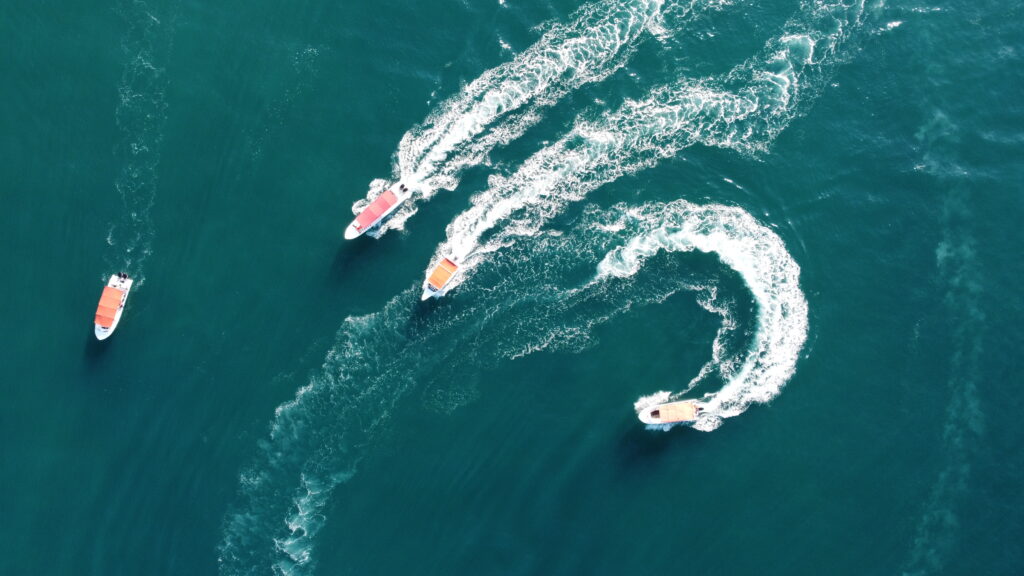
To keep our carbon footprint in check while scuba diving, there are a few things we can do.
- Try to book with dive operators who care about the environment and use eco-friendly boats (well, as eco-friendly as possible!)
- When you buy gear, look for brands that care about sustainability and have policies in place to limit their environmental impact
- If you can, carpool with your buddies to get to the dive shop, walk, or bike, opt for that instead of taking a taxi or driving.
Let’s talk about physical damage.
Even though most people don’t mean to, just by showing up, you can affect the ecosystem of a dive spot. Touching coral or even accidentally bumping into rocks can create a ripple effect and irreversible damage.
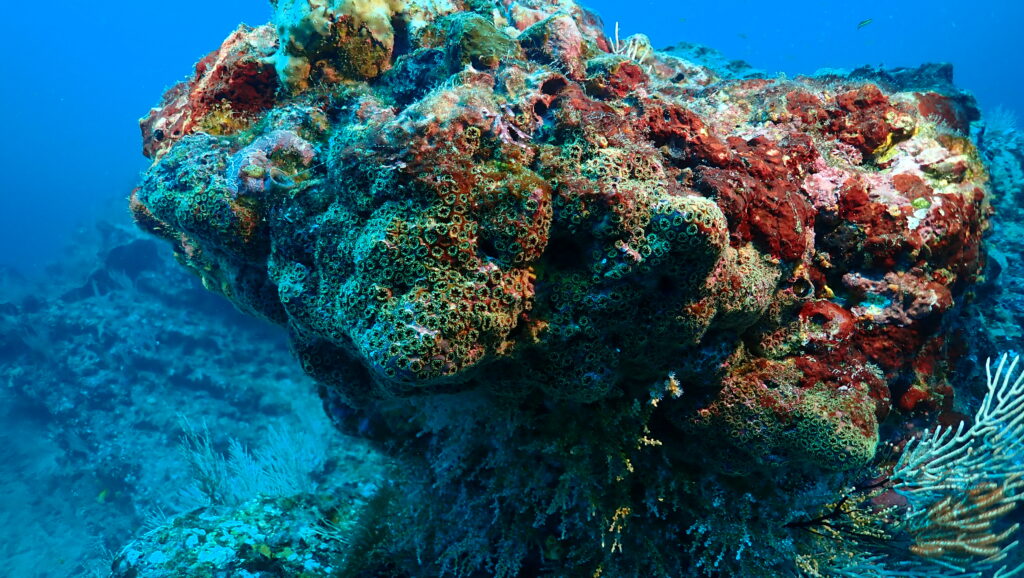
To minimize physical damage, divers should always practice good buoyancy control and avoid touching or disturbing marine life. Divers should always avoid removing any items from the underwater environment (unless it’s trash) and should respect the natural habitats of the animals they encounter. Using reef-friendly sunscreens is also a huge help (more on this in another blog post!).
Another easy tip is to avoid single-use plastics.
Try to opt for reusable water bottles and snack containers. Some dive shops offer these, so it’s good to look out for these options.
Divers can also participate in beach cleanups.
Patricipating in these and other conservation efforts can help us do our part in reducing pollution in our oceans.
Scuba diving is a wonderful activity that allows people to explore the beauty of the underwater world. However, it is important to be aware of the environmental impact of scuba diving and take steps to minimize it. By choosing eco-friendly dive operators, practicing good buoyancy control, and avoiding littering and physical damage to marine life, scuba divers can help protect the ocean and its inhabitants. Let’s all do our part to preserve this incredible ecosystem for generations to come.
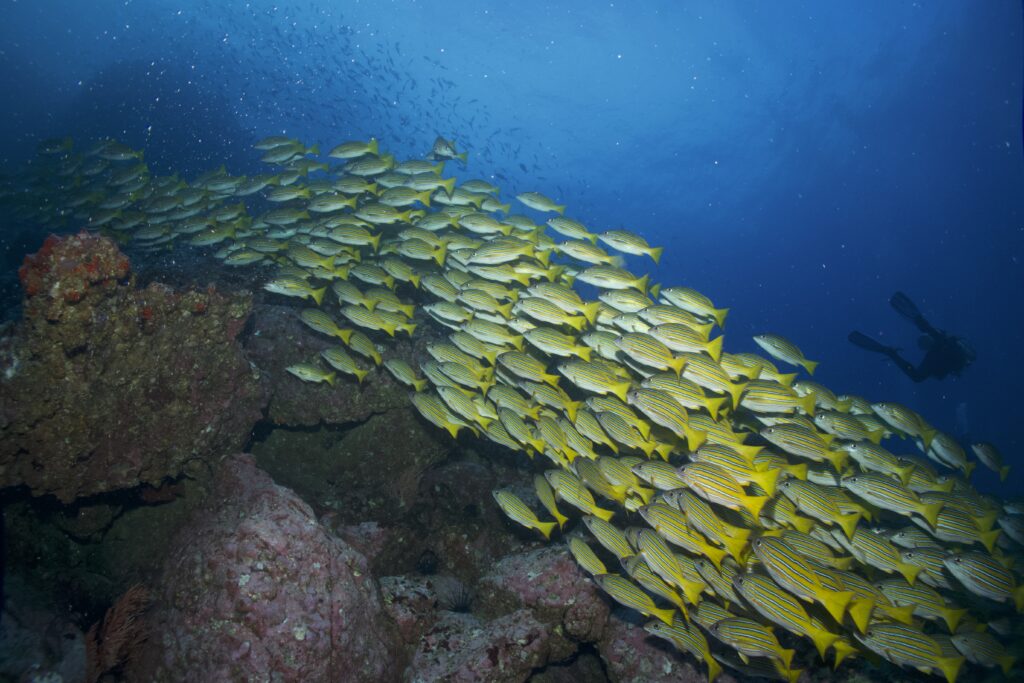
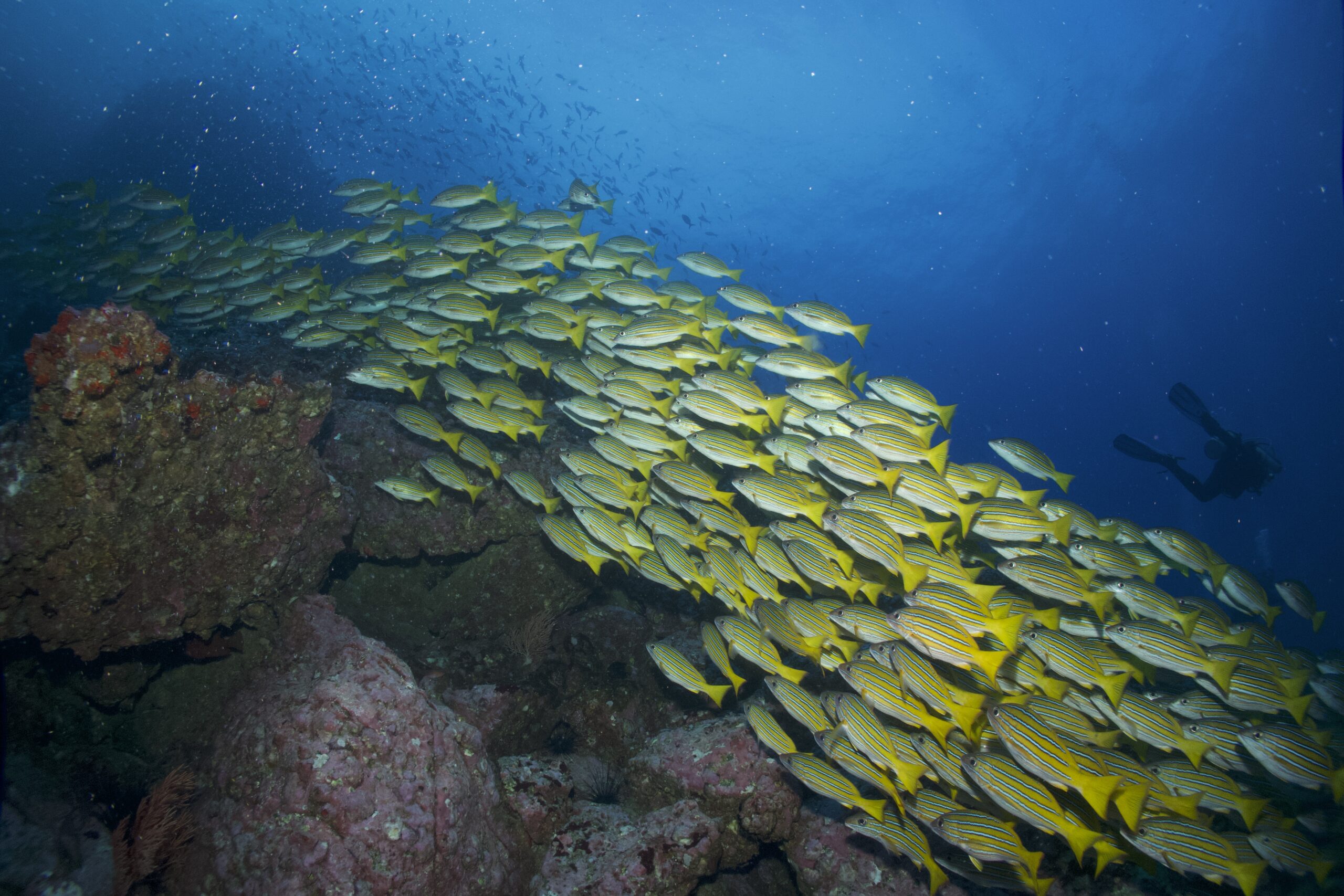
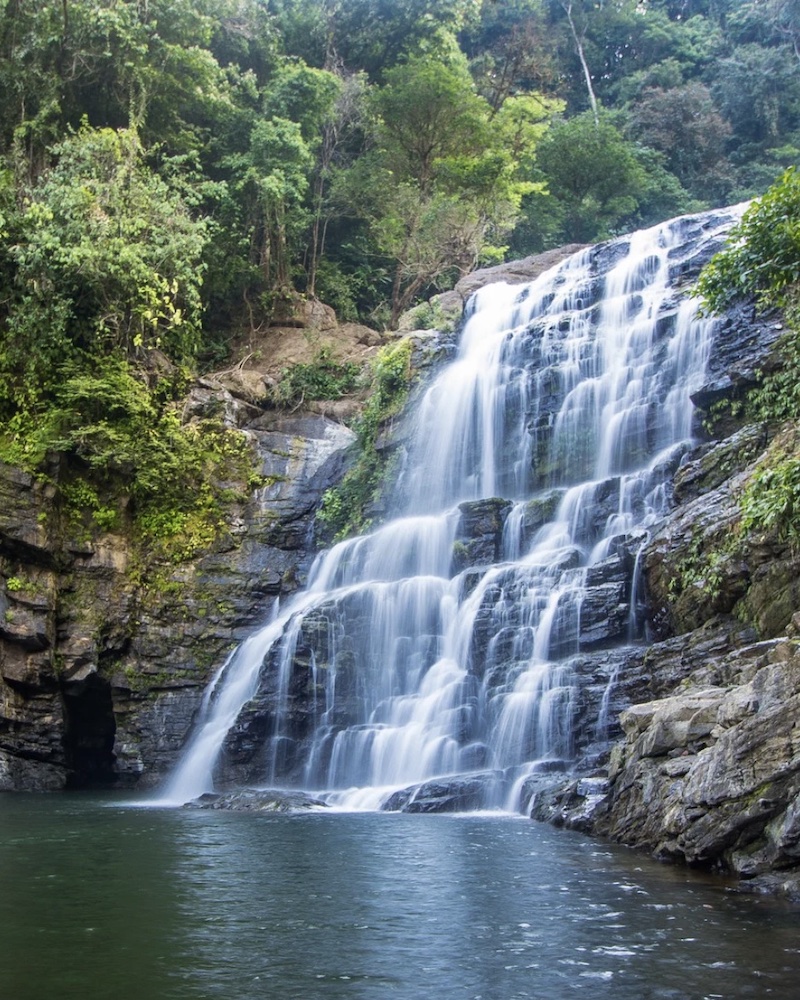
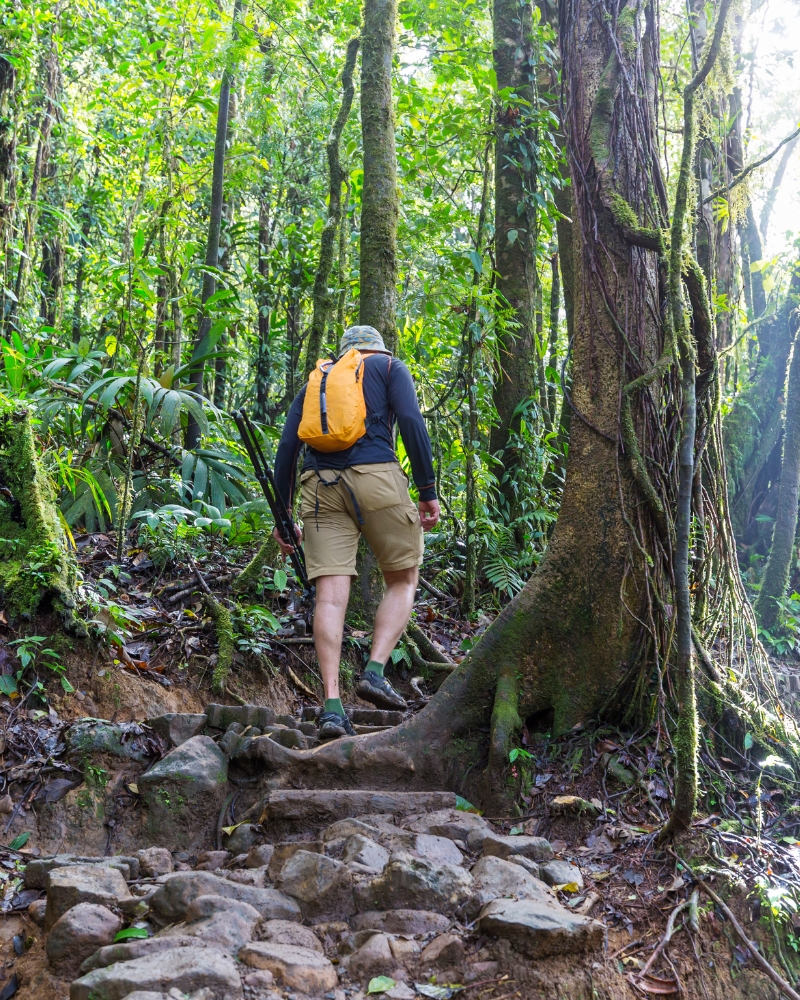


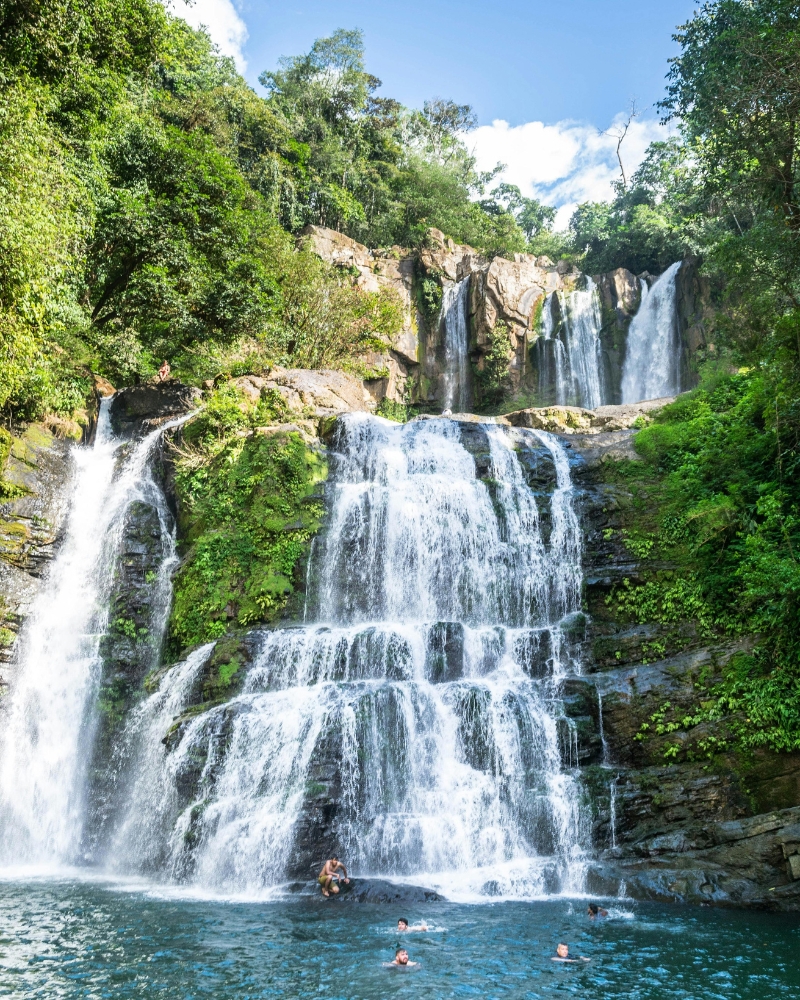
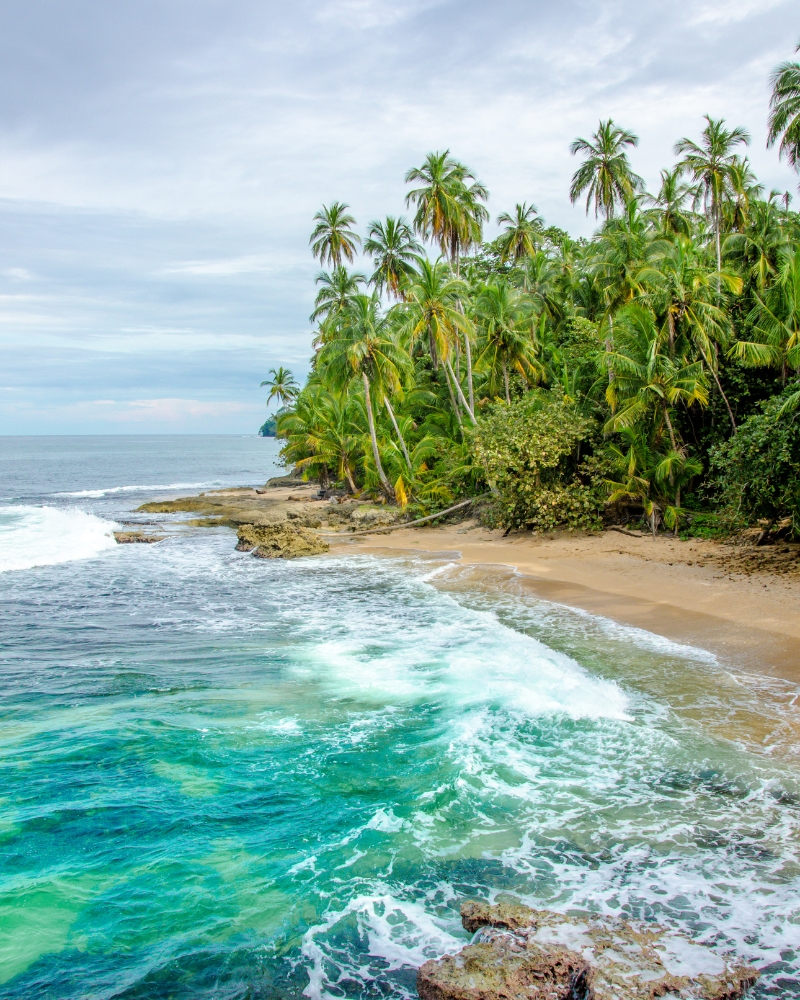
+ show Comments
- Hide Comments
add a comment